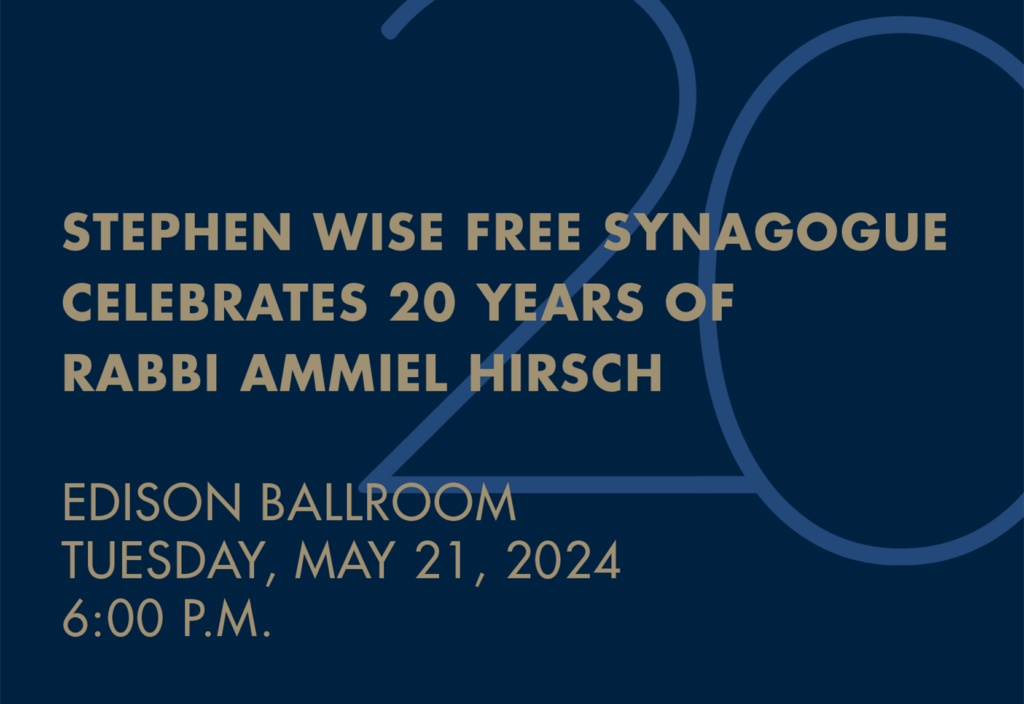Jewish sages refer to a constant battle between the yetzer hatov and the yetzer hara – our good and bad impulses. Rabbi Samantha Natov urges us to channel our more destructive drives during this season of renewal – while the gates of repentance are open.
Rabbi Ammiel Hirsch tackles questions of free will and morality in this crucial period leading up to the High Holy Days. “This season is about taking responsibility. Judaism insists that you can control your life – and urges us to build guardrails so that we don’t fall. Still, everyone falls. Make sure to get up.”
The period before the High Holy Days, during the month of Elul, is one of the rare times in Judaism that we’re told to focus on ourselves, says Rabbi Ammiel Hirsch. “The whole point of this season of introspection is to get ourselves right first – so we can help get others right. If our heart is not right, we cannot change the hearts of others.”
Rabbi Shira Gluck examines the personal responsibility everyone has — regardless of their status or position — to consider more than their own wants and needs. She also explores the difference between privilege and entitlement: “We are not entitled to do whatever we want, but the privilege we enjoy as God’s beloved people is that when we do atone, God will accept our t’shuvah readily and with love.”
Rabbi Samantha Natov discusses the importance of giving love and approaching life with a generous heart. “When we let love lead, we open the potential for deepening our connections with one another. By letting love guide our actions, we bring more holiness into the world.”
Rabbi Rena Rifkin reflects on Tisha B’Av, the day set aside for communal mourning and commemorating the disasters – including the destruction of both temples – that befell our people throughout history. She explains how in the midst of tragedy, we can still find light. “The opposite of war isn’t peace, it’s creation. When we are broken down and left without all our comforts, we rebuild.”


